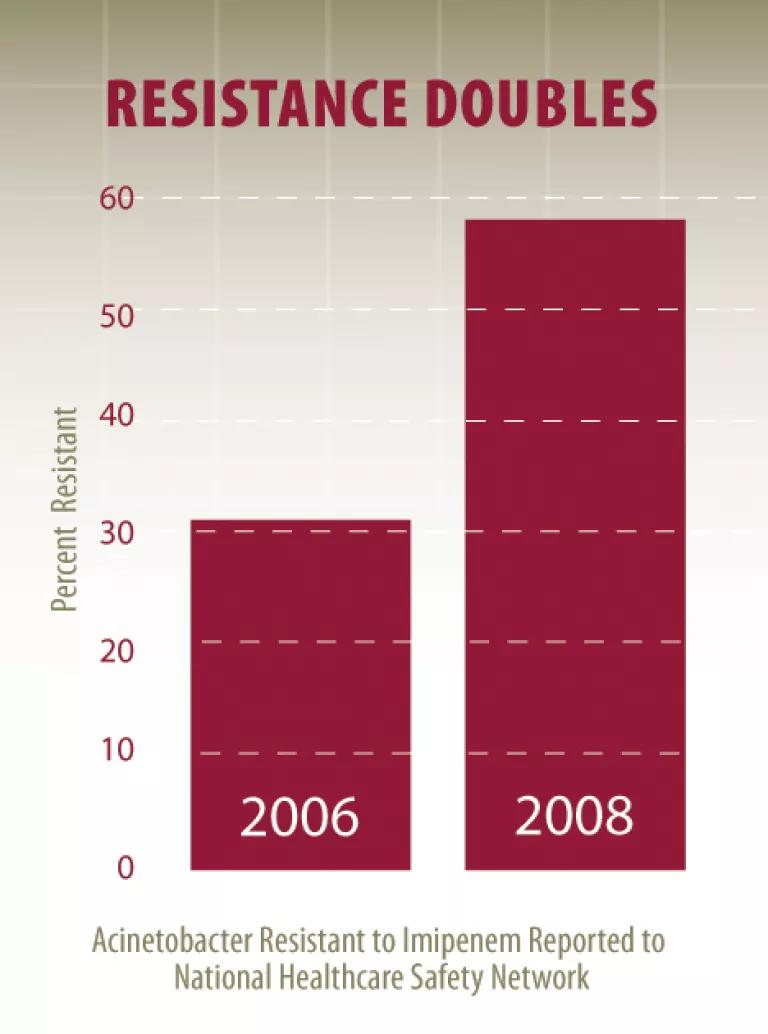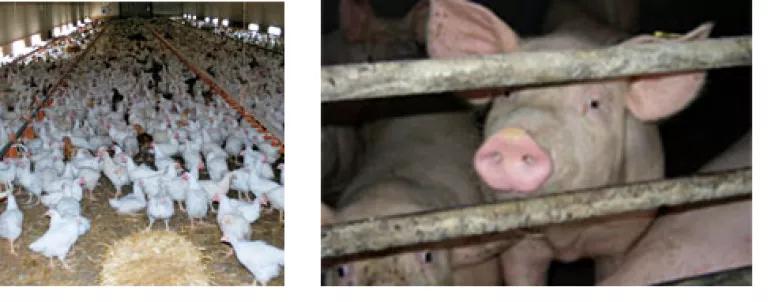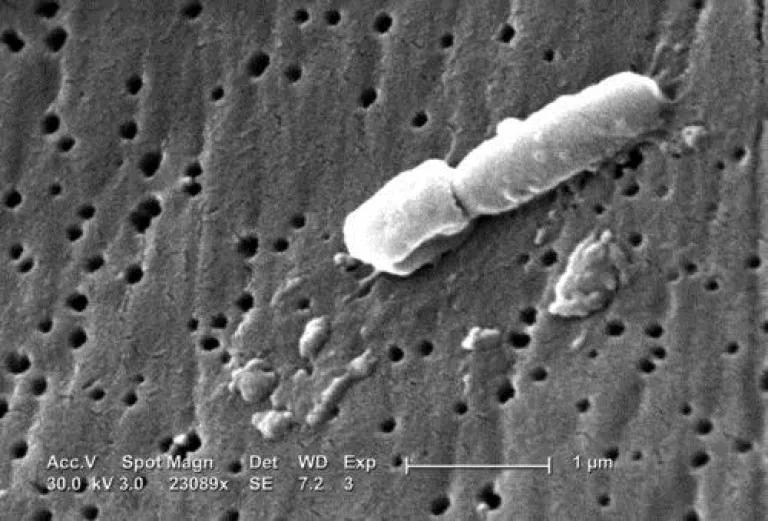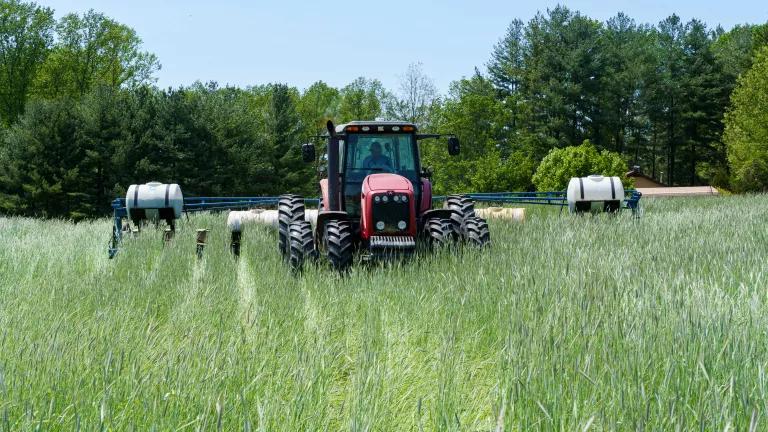Getting smart about antibiotics means getting serious about regulating antibiotics in our livestock industry

UPDATED: November 14, 2012
Antibiotics are the wonder drugs of modern medicine. Their advent meant that previously deadly infectious diseases were no longer fatal, made procedures like organ transfers and chemotherapy possible, and dramatically increased lifespans. But the widespread overuse and misuse of these precious drugs is fueling the rise of dangerous “superbugs”—antibiotic-resistant bacteria that have evolved to be so powerful, they are capable of defeating every antibiotic available to fight them.
Meanwhile, very few new antibiotics are in the pipeline.

In other words, the tide is turning in favor of the bugs. We now face the grim prospect of a world in which antibiotics no longer work.
What does such a world look like? As the Director General of the World Health Organization recently said,
“Things as common as strep throat or a child’s scratched knee could once again kill. ... A post-antibiotic era means, in effect, an end to modern medicine as we know it.”
To raise awareness about this most pressing public health threat, the Centers for Disease Control and Prevention (CDC) has dubbed this "Get Smart About Antibiotics Week", calling on patients, healthcare providers, hospital administrators, and policy makers to work together to employ effective strategies for improving antibiotic use. To kick the week off, the CDC released this statement, co-signed by 24 other organizations, committing themselves to a set of principles to both conserve and replenish our antibiotic resources. Included is a commitment to work with regulators, veterinarians, and industry to limit the use of medically-important antibiotics in animal agriculture.
You might be shocked to learn that 4 times more antibiotics are used on animals in the United States than on sick people. That’s right, a whopping 80% of the antibiotics sold here in the U.S. are not given to humans, but to the chickens, pigs and cows that end up on our plates. And the vast majority of these antibiotics are not even used to treat sick animals; instead they’re administered routinely in feed and water to make animals grow fatter faster and help them survive the crowded, filthy, and stressful conditions common on factory farms.

Essentially, millions of food animals are not “finishing the course” of antibiotics, as our doctors instruct us to do when we take these precious drugs. This abuse of antibiotics by the livestock industry is a key culprit in the rise of superbugs, which can travel out from livestock facilities, hitching a ride on our food, through livestock and meat processing workers who come into contact with contaminated animals or meat, and through environmental pathways such as water, soil, and air that come into contact with contaminated animal waste, putting people at risk of acquiring serious, and even life-threatening, infections.

Image of Klebsiella pneumoniae bacterium, a superbug that killed 6 people and sickened 17 in the U.S. last year.
Courtesy of CDC
And it’s not just NRDC ringing the alarm bells. A broad coalition of the world’s most prominent medical and public health organizations—including the American Academy of Pediatrics, the American Medical Association, and the Infectious Diseases Society of America—are on record warning that the overuse and misuse of important antibiotics in food animals must end in order to protect public health. Dr. Thomas R. Frieden, Director of the CDC, has himself noted that "there is strong scientific evidence of a link between antibiotic use in food animals and antibiotic resistance in humans."
This means we simply can’t get smart about antibiotics without getting serious about getting antibiotics out of our livestock industry.
Nonetheless, the Food and Drug Administration (FDA)—the federal agency charged with regulating the use of antibiotics in animal agriculture—has failed to deal with the rampant abuse of antibiotics in livestock production. FDA's voluntary guidance on antibiotics use in the livestock industry, issued last April, is deeply flawed and full of loopholes. FDA needs to fast-track binding regulations to stop the non-therapeutic use of antibiotics in livestock operations. We have called on them to do so and continue to push them to take meaningful action.
You can send a powerful signal by asking the grocery stores and restaurants you frequent to sell meat raised without antibiotics and by choosing meat labeled “USDA Organic” or “no antibiotics” backed by a “USDA Process Verified” or other independent certification.
While doctors and patients must work together to ensure that medically important antibiotics like penicillin are prescribed judiciously and taken appropriately, the livestock and pharmaceutical industries cannot continue to receive a free pass and put our health—and one of the most important medical discoveries in human history—at risk. Antibiotics are NOT a necessary livestock production tool but they ARE essential to modern medicine. We need to treat antibiotics like the precious resource they are.



